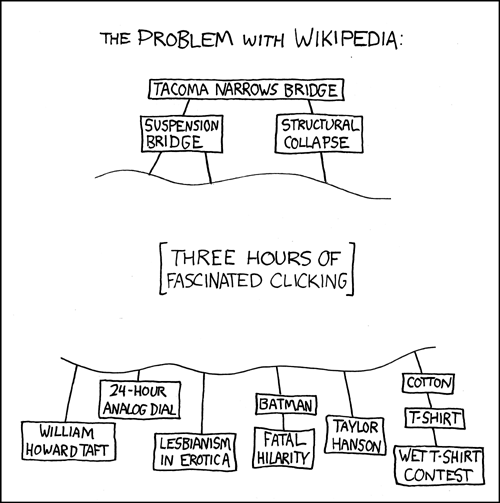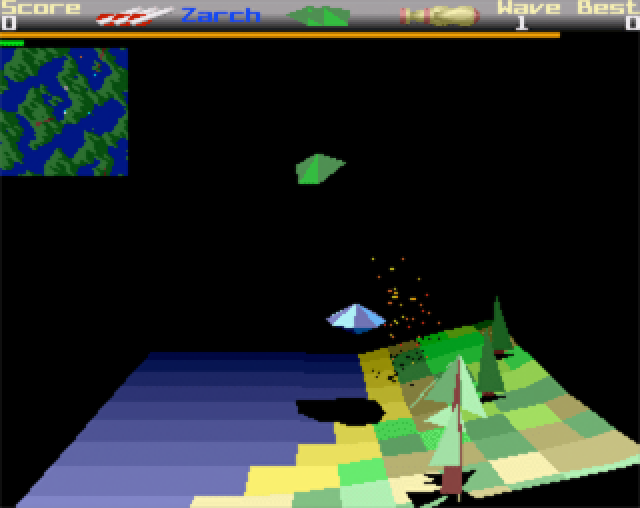Holy crap. Yesterday, Peter Molyneux announced Godus Wars. What’s Godus Wars?
Well, it’s a simple RTS with god powers. Watch the trailer:
Yeah.
So my immediate question was, if Godus Wars exists, is there any reason for me to complete Planitia?
In order to find out, I played Godus Wars for about three hours last night, about halfway through the first continent. The basic gameplay consists of flattening out the terrain (using the same sculpting tool from Godus) to allow your villagers to make new abodes, which give you mana. You use this mana to create fortresses from which you create warbands of archers. Your goal is to take over the enemy mana silo, and you can only do this with a warband. Upgrading your fortresses allows you to support more warbands, hopefully giving you the advantage over the enemy. You can use god powers to both help your own villagers and hinder your enemy.
Sounds great, right? Well, the game has a lot of problems.
The first is that sculpting is still done using the sculpting tool from Godus, meaning you have to pull around one layer at a time – and if you’re sculpting anywhere but on the beach near your village, sculpting requires a lot of mana. While sculpting in Populous was a bit tedious, it was nowhere near as bad as Godus/Godus Wars. Expanding a flattened area requires you to individually sculpt the layers below first. Flattening a mountain requires that you delete it, layer by layer. It’s tedious, it’s time-consuming, and half the time you end up sculpting in a way you didn’t intend, wasting time and mana.
Second, god powers almost don’t exist in this game. As you play through the lands you’ll unlock cards that represent benefits. You can pick up to four cards before starting a land. Some of the cards are passive benefits (warbands build faster, you start with more villagers, etc) but some require mana. These are your “god powers” and they mostly consist of buffs to your warbands or debuffs to your enemy’s. Only as I started level 7 was I presented with a real god power – Swamp, which makes a small patch of land uninhabitable. It wasn’t very effective or graphically appealing and I soon decided to save my mana for upgrading my fortresses. After all, warbands win the game.
Speaking of warbands, they have some problems that can make them frustrating to use. They require wide paths to move – odd in a game that so often connects areas with narrow sand bars. Giving warbands a command they can’t fulfill can cause them to become completely unresponsive. Ordering warbands to attack can also be risky. While all warbands have a flag above them, you cannot click the flag to attack an enemy warband. Sometimes your warband will interpret your attack command as a move order and will blindly march right into the enemy warband, ignoring all attempts by you to correct the problem and leading to free kills and XP for the enemy.
To make matters worse, one of the aspects of gameplay is that all units have to perform a little “stair climbing” animation while moving from one elevation to a higher one, and can perform no other action until they find secure footing. This means that if you order an attack on an enemy warband on higher ground, your warband will get cut to pieces while performing cute little animations and pathing around for solid ground.
And to top it all off, the AI cheats. Only a few levels in, the AI will start making two warbands at once even if they only have one fortress. A few more and it will start making warbands that already have veteran status on creation. This is the most blatant artificial difficulty and it completely breaks immersion. And there’s no multiplayer!
There are other problems as well. There’s no minimap and the camera speed is very slow, making it difficult to pop back and forth from your village to a battle. There also aren’t any hotkeys that could make this easier. A “make warband” button on the side of the screen for each of your fortresses would be all that is necessary to allow you to keep producing units while fighting, but Peter is still in “no interface” mode. And the game has performance problems – strange given the simple modelling and texturing of its units and structures. Perhaps that multi-tiered terrain is slowing it down?
Does the game do anything well? Yes. The basic premise is solid (and I should know). You create fortresses by circle-selecting a group of abodes; these then “bunch up” into the fortress in one of the most adorable things I’ve ever seen in a video game. The models and animations are simple but stylish, just like in the original Godus.
But Godus Wars just isn’t good enough.
Let me be clear – this isn’t sour grapes! I’m making Planitia because it’s a game I want to play! If Godus Wars was good enough to replace Planitia I’d be disappointed, yes – but I’d also be happy that someone had finally filled this hole I see in the market.
I’ll continue work on Planitia. Perhaps, if Peter puts enough work into improving Godus Wars, it’ll make nice competition.




